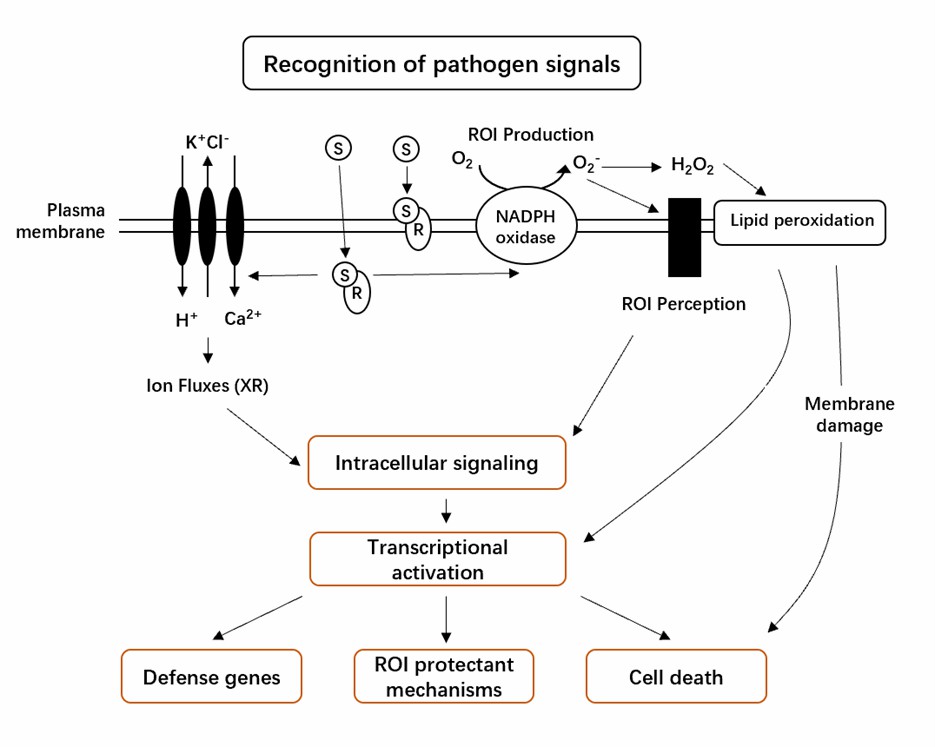Plants have evolved sophisticated and efficient mechanisms to prevent the invasion of their tissues by pathogens, and disease rarely occurs. One common feature of disease resistance is the rapid development of cell death at and immediately surrounding infection sites, called the hypersensitive response (HR). The HR can be triggered by various pathogens and occurs within a few hours following pathogen contact. Initiation of the HR process begins with the recognition of the pathogen by the plant, which is mediated mainly by the pathogen, a virulence gene, and the plant resistance genes.
HR-cell death has been observed at three phases of PPN infection in resistant plants, firstly, in the cortex and epidermis during plant nematode penetration and migration; secondly, in vascular tissues during the initiation of feeding cell formation; and thirdly, in cells adjacent to developing feeding cells.
Lifeasible is a leading provider of comprehensive, high-quality services for plant science. Our platform is equipped with state-of-the-art facilities and highly experienced staff to assist in areas of HR-cell death-based in plants. We guarantee credible results for our customers all over the world.
 Fig.1 A simplistic picture of the transduction pathways leading to the HR.
Fig.1 A simplistic picture of the transduction pathways leading to the HR.
Lifeasible provides fast turnaround and high-quality services at competitive prices for customers worldwide. Our advanced technical platforms can help our clients solve the problems they may encounter in research based on years of experience. If you are interested in our services or have any questions, please feel free to contact us or make an online inquiry.
Lifeasible has established a one-stop service platform for plants. In addition to obtaining customized solutions for plant genetic engineering, customers can also conduct follow-up analysis and research on plants through our analysis platform. The analytical services we provide include but are not limited to the following:
Get Latest Lifeasible News and Updates Directly to Your Inbox
Adaptive Evolutionary Mechanism of Plants
February 28, 2025
Unraveling Cotton Development: Insights from Multi-Omics Studies
February 27, 2025